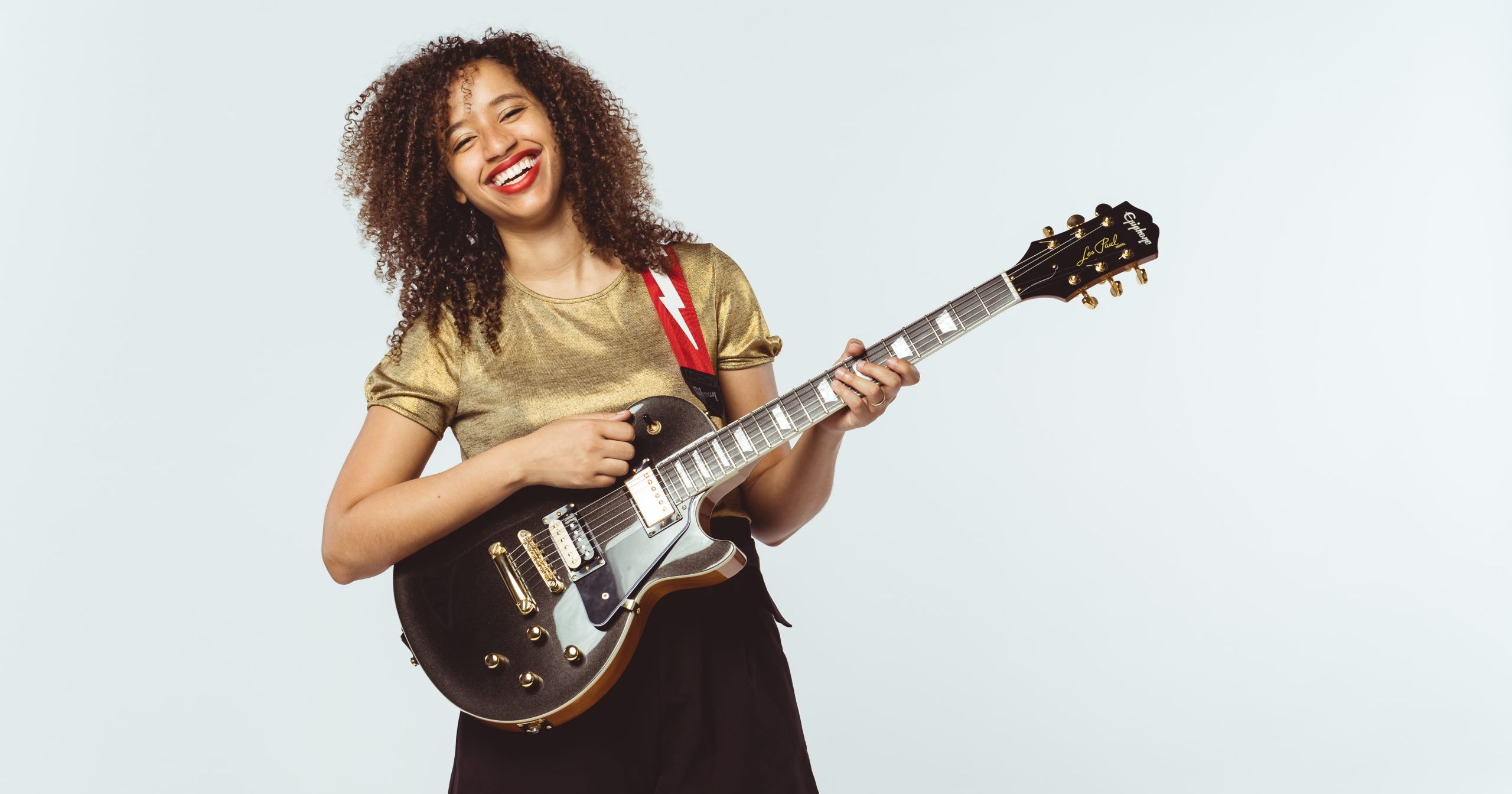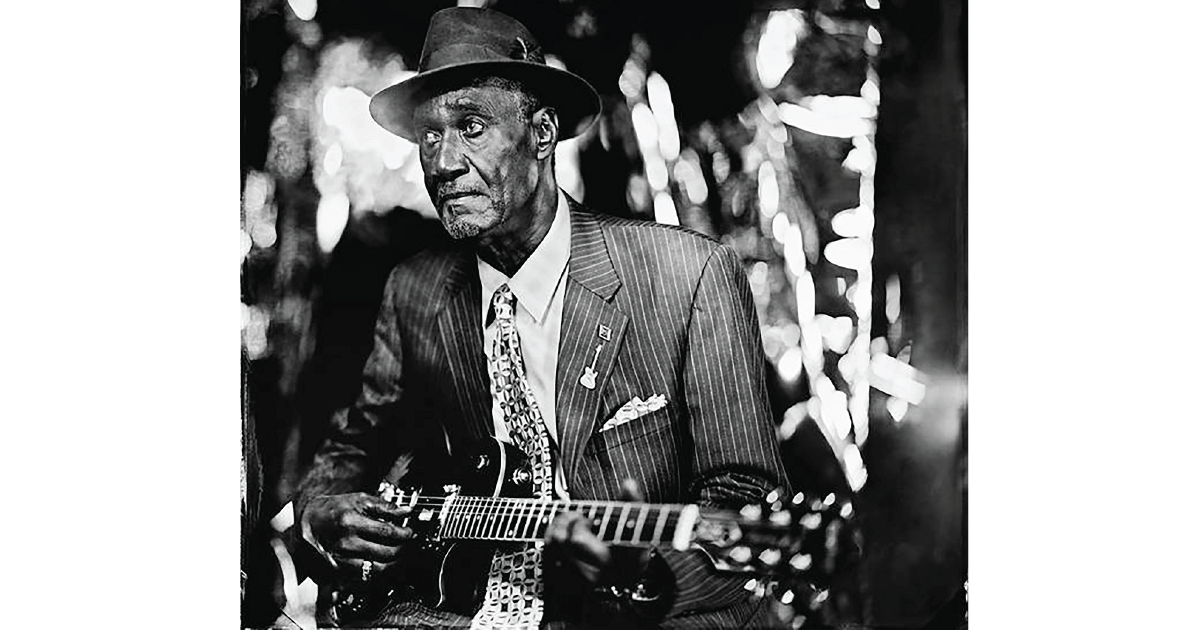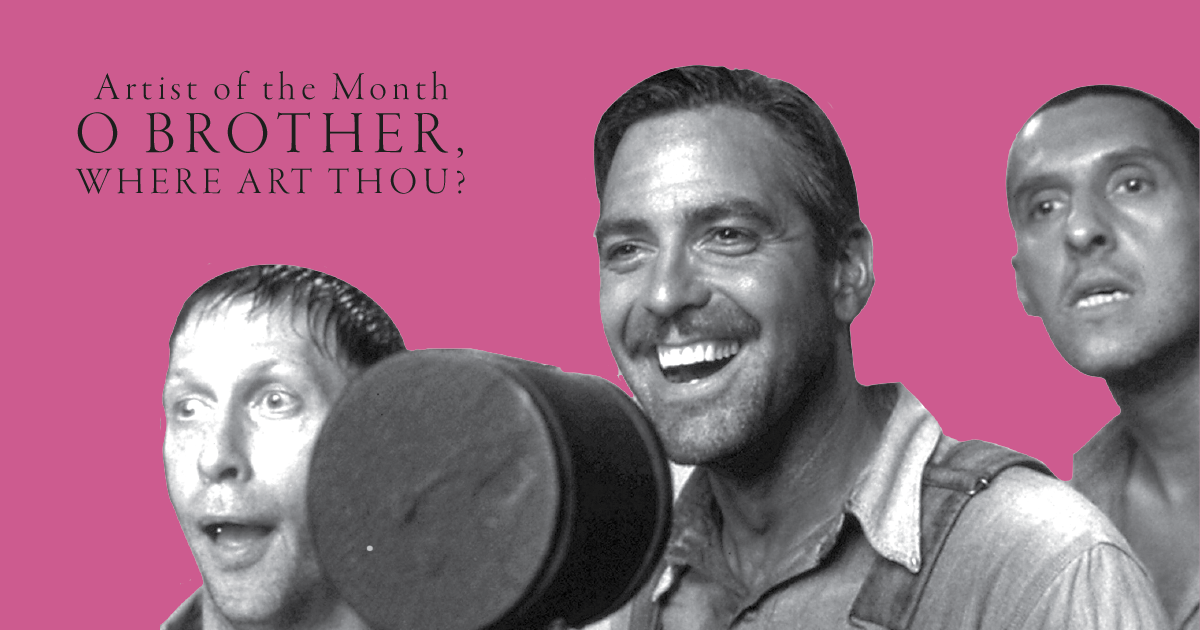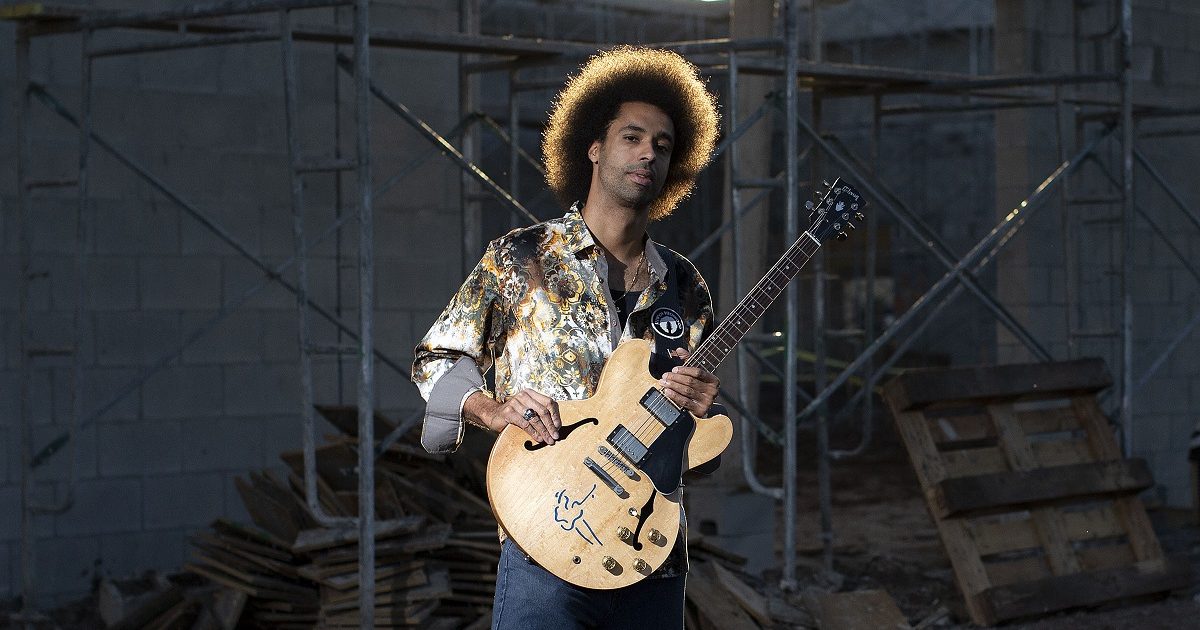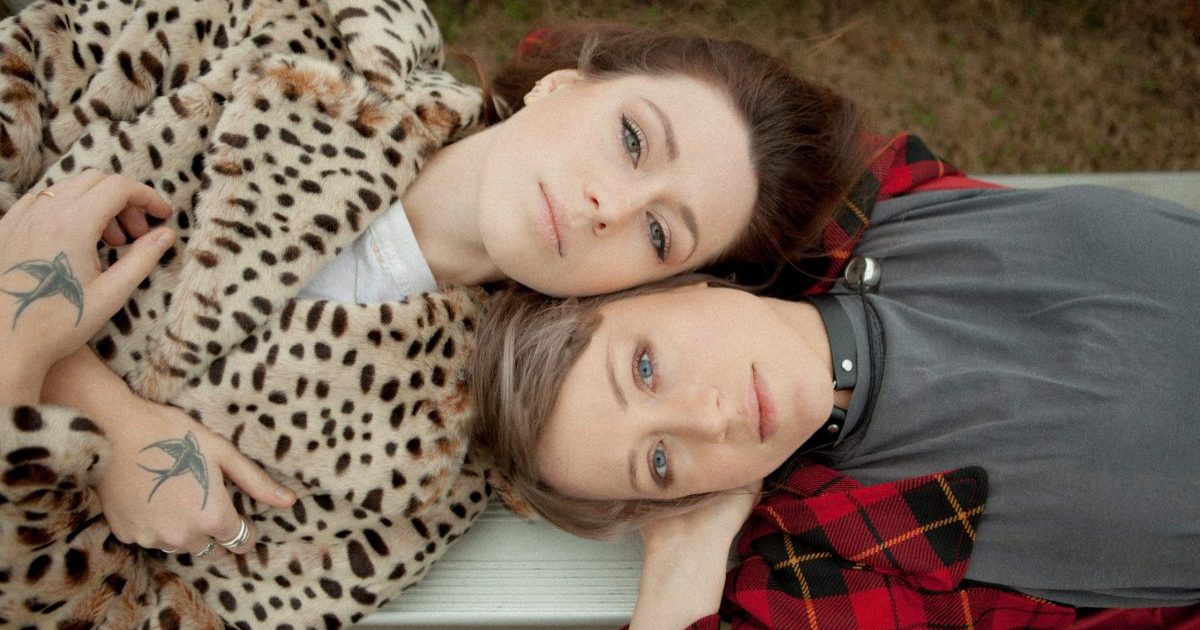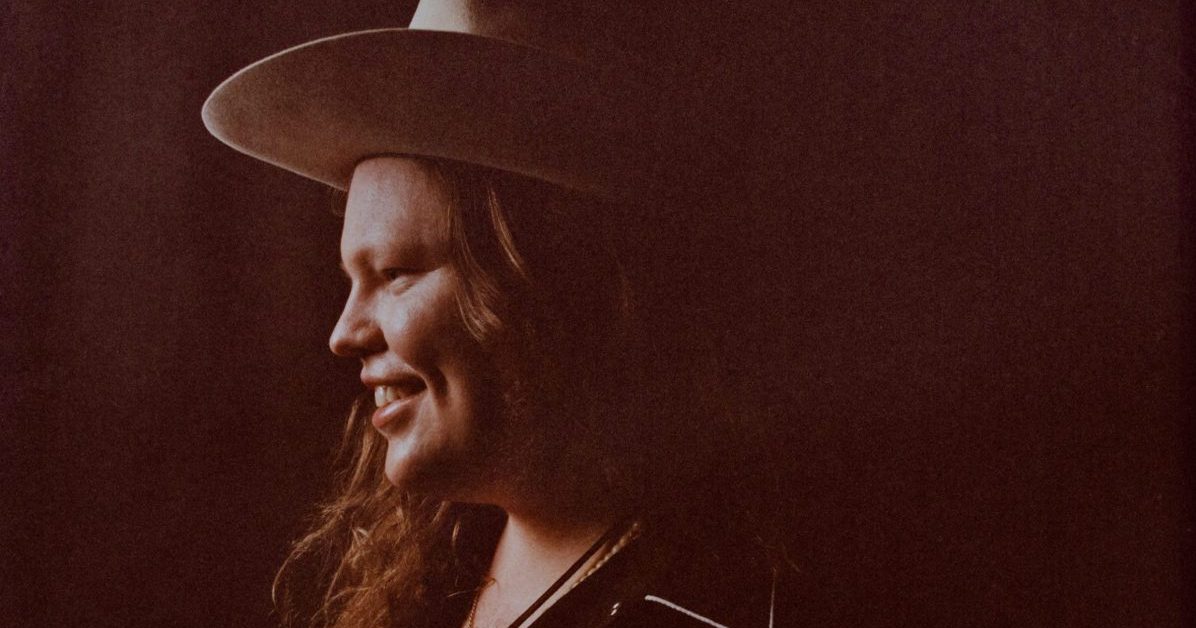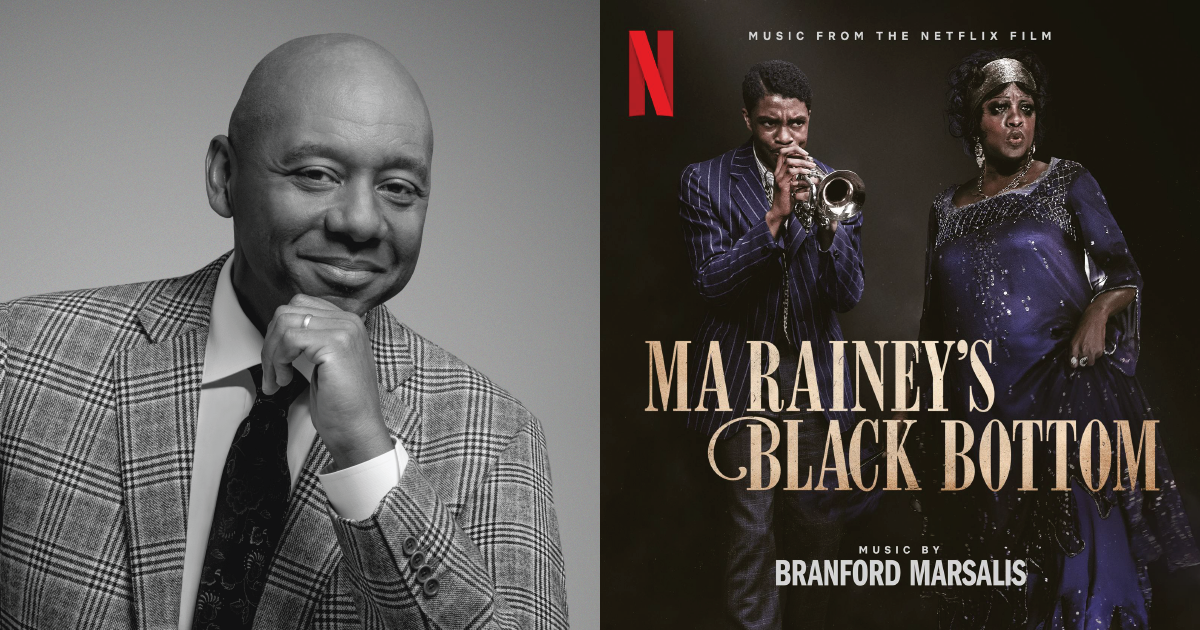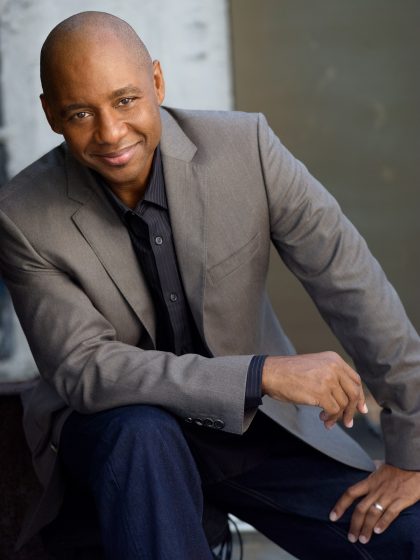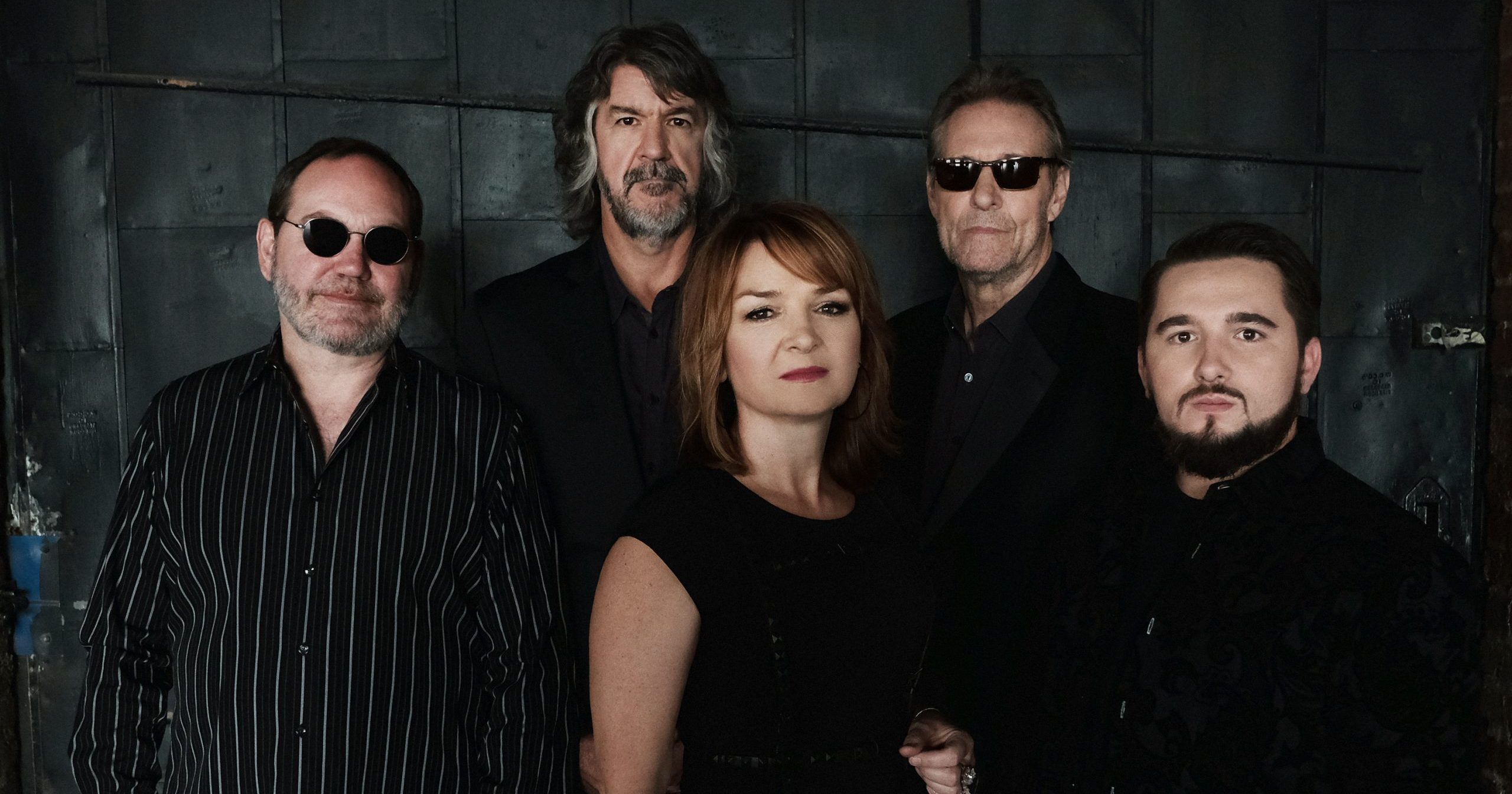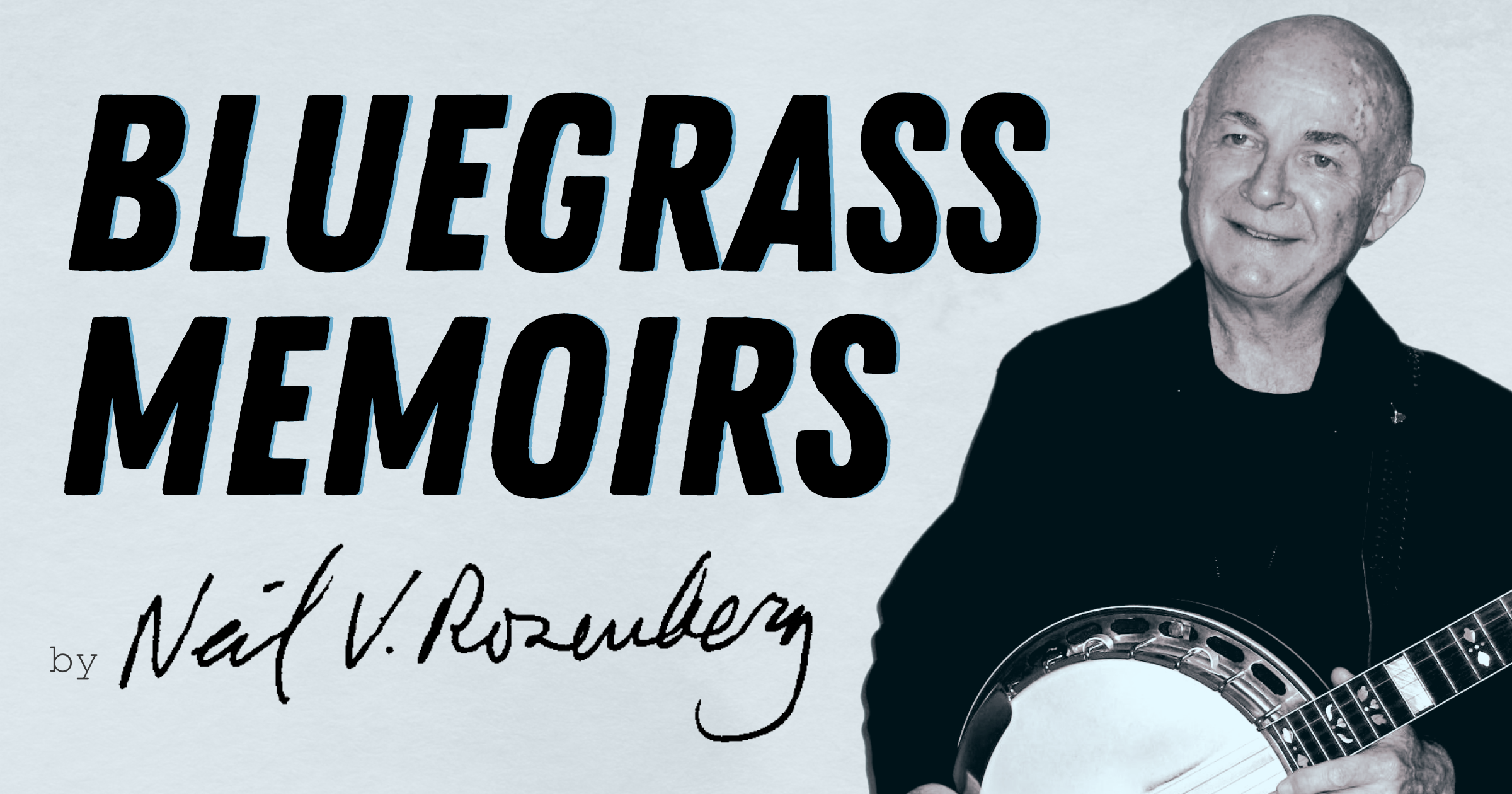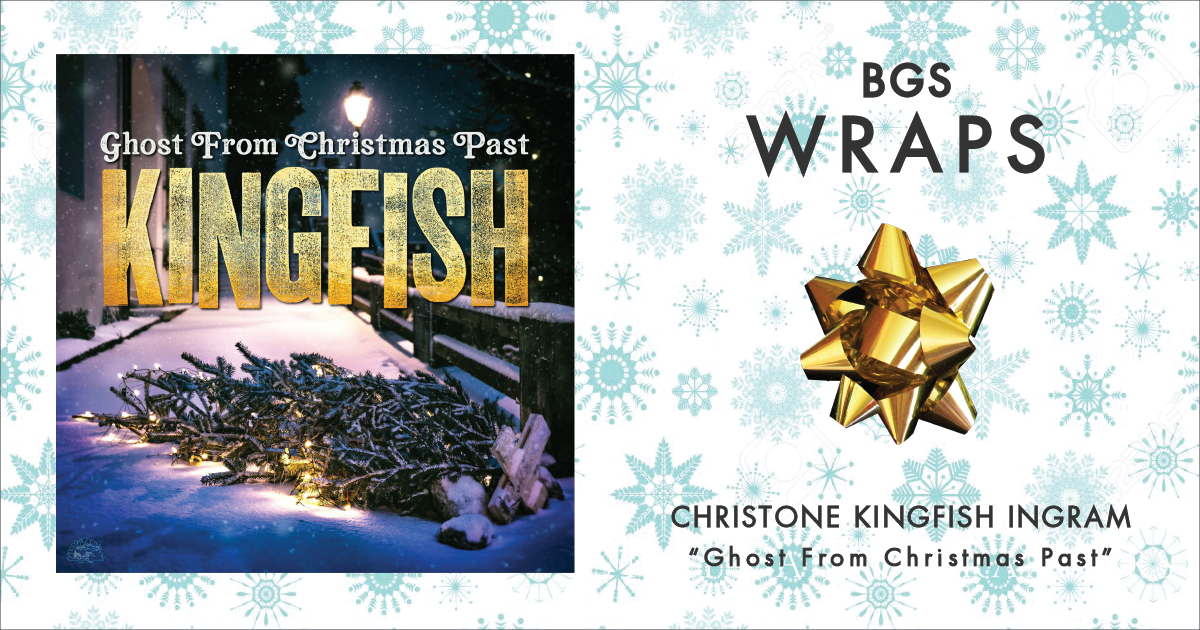Jackie Venson, Austin, Texas’s resident singer, songwriter, guitar shredder, and joy dispenser, took a couple of months to restart the locomotive momentum of her career after it was halted by the coronavirus pandemic in March of 2020. A summer of stepping up her touring and festival appearances trashed, she had to purposefully and intentionally consider a way forward.
She chose the path less traveled, but she never trekked it alone. By the end of 2020, Venson’s totally independent team had landed her at number 10 on Pollstar’s Top 100 livestreamers chart for the entire year — higher than superstars Luke Combs, Brad Paisley, and even K-pop, heartthrob boy band BTS’s stream counts, with streams totaling more than 2.8 million viewers.
“It felt like the train stopped and then I created work for myself,” Venson admits, describing an intentional pivot to virtual, streaming shows and alternative programming that never felt like she was giving up the most important parts of her art and expression. Just the opposite. Venson is a rare example of a musician who has utilized the pandemic to not only discover a new, novel way forward in an industry that promises burnout, extractive power dynamics, and the commodification of selfhood even in the best, most profitable cases. She also grew her fan base, her community, and found enough time to release five projects in the last calendar year, as well.
I wanted to start by asking you about joy. It feels so obvious and palpable in your music, especially in your playing style. Not just in how you’re so engaging and charismatic, and not just because it’s the title of your 2019 album, Joy. On “Surrender,” for instance, you sing, “Feet are so tired, but I keep running/ Heart is so heavy, but I keep singing.” That sounds like the radical act of choosing joy, to me.
JV: Well, it’s literally what I’m feeling while I’m actually playing the music. It’s just really cool to be able to play the guitar. I worked really hard to be able to play the guitar and when I look in the mirror I see the same face who started guitar, I guess ten years ago now, except this person can play the guitar! This person can play the guitar, and everybody likes listening to this person who can play the guitar. Not only is this person having a really good time doing something she set out to do ten years ago, but everybody else is enjoying it and having a good time on a base level — and by base level I mean, often they’ve just walked in the room. [Laughs] They weren’t there ten years ago! They’re enjoying it, objectively, and I’m sitting here looking at the depths of [the music] and then I’m watching other people, who don’t even know the story, just having a good time. That is pretty awesome and actually, I’m pretty sure that’s why most people set out to play instruments. They see somebody having fun doing it and they want to have fun, too.
Well, absolutely. Gratitude is the foundation of joy. You can’t really have joy if you don’t have gratitude.
One thing that jumped out at me from your livestreams and performances is the way you sing along with your guitar lines, the way you’re constantly in dialogue with yourself and your own voice. It made me think of the age old tradition of fiddling and singing along with yourself — and of course, it makes me think of jazz and bebop solos as well — but I wondered where singing along with the line in your head came from for you?
My dad told me the best way to learn how to improv solos. I had been working on trying to improv from even the time I played piano from when I was like fifteen. I remember getting another piano teacher who knew jazz so that they could teach me how to improvise. Obviously, [Laughs] that’s the wrong angle. I was four years into playing guitar before I learned that I was approaching improvisation the wrong way. The funny thing is that my dad told me, when I was fifteen, he was like, “All you need to know about improvising is that you just think of a melody and you play it, and after you play the melody you thought of a few times, you start messing with it.” So you play it, and add a note here or subtract a note there, and he’s like, “That’s all you’ve got to do and then it’s a great solo!” Because a melody isn’t just playing notes randomly, it has purpose. You want your solos to have purpose. My dad told me that fifteen years ago and I just didn’t hear him. I wasn’t ready to hear him. It took the guitar and years and years of singing, as well, to put it all together and arrive at the destination my dad tried to usher me to.
It’s a touchy subject! It’s like singing, how people are way more sensitive about their singing. They’ll show you their drum licks all day, but you ask them to sing and they’re like, “Noooo!!”
It’s the vulnerability!
It’s a new level of vulnerability. But here’s the thing, it’s not very hard, all you have to do is just listen to a crapload of music, stuff a bunch of melodies into your brain, and then, just think about all of the melodies you know and think about them a lot. Always listen to music. Keep listening to the music you already have listened to and listen to new music. If you’re constantly listening then you’re going to be sitting on stage and everyone’s going to point to you to solo — say Cm going to F — BOOM! All of a sudden you’re playing, [Sings] “They smile in your face/ All the time they wanna take your place” on the guitar. You’re playing “Back Stabbers,” because suddenly you’re going from Cm to F7 and you know it will sound good. You know? [Laughs] Because you’ve heard that melody and it’s not very hard! A beginner could play it. [Hums line] But you’re crushing it with some tone and everybody in the audience is thinking you’re a master. When really, what you’re playing is not that hard. It’s just musical.
In that moment, it felt really busy, but it also felt kind of maddening. I was busy, but I was never leaving my house. Then it felt crazy. And in the next moment after that, the numbers started to juice. For a couple of months it was full stop, for a couple of months it was maddening like, “Wow, these numbers are really rad, maybe this is the way.” A couple of months after that I knew this was definitely the way. I stumbled upon the way. I was walking along on a path and then that path had like, a giant tree fall over it and I couldn’t go down it anymore. I saw this side path — you know when you’re in the woods and you see a path but you’re not sure it’s a path or if your eyes are just tricking you?
“Is that a deer trail or is that actually a trail?”
Right. Is that really a trail? It’s like, “I don’t know… but there’s also a giant tree over the path I was on. Can’t go that way. I guess I’m going to go down this path, I hope there’s not too much poison ivy…” [Laughs]
That was the livestream path. There was maybe one creature that walked down this path, one way, one time. It appears there’s a path, but it clearly hasn’t been followed very often. That’s what it felt like, to be on this uncertain path, which then ends up opening up and it turns out I was right the whole time. The way I feel now is not the way I felt when it was all happening. The way I feel now is all because of having retrospect on my side. And the development — the direction things are going in. It’s a lot more clear than it was six months ago.
As if today couldn’t be any more extra… Y’all, I just found out I was named number TEN on @Pollstar‘s top 100 live streamers for ALL OF 2020. Completely independent, my team is small but we fight hard! ❤️❤️❤️ pic.twitter.com/d1kkaF4teX
— Jackie Venson (@jackievenson) January 22, 2021
I have found myself repeating throughout the pandemic that we should be building the world we want to exist after the pandemic while we’re in it. To me that’s what it sounds like you’re describing, finding this other path. Looking to the future, what will you be bringing with you from this time, into whatever a post-COVID reality looks like?
The thing I’m taking with me is the fact that there’s never any need to be desperate, there’s never any reason to act out of desperation. There’s no person or contract to be signed that holds the “keys to the kingdom.” There is no kingdom. We are IN the kingdom. We just exist within different perspectives of it. Maybe your perspective in the kingdom right now is that you’re a baby band, you’ve just established yourself. You’re in the same kingdom as Beyoncé! You’re just standing in a different spot than her. There are thousands of spots you can stand in this kingdom. Beyoncé’s spot isn’t the only one that’s good. There are lots of places to stand! Millions of artists, that you don’t know about, are standing in pretty sweet spots in this kingdom that we all exist within, together.
There’s no person that’s going to give you her spot. She got to her spot by her own weird, twisty trail to get there. Maybe a deer walked down it once! She took her own path. You’re not going to be able to recreate that, but she just took a path to get to a spot, not the kingdom itself. You consider that spot the kingdom, but we’re all in the kingdom already. The way we used to live had this weird illusion that we all had to climb these ladders, but really you just need to get where you want to be. You don’t need to climb that same ladder just because someone else climbed it, and they’re famous, and you’ve got to do what they did. It doesn’t make any sense, it’s completely futile, and you’re going to just be spinning in your hamster wheel, stuck in the same vantage point. There’s not one guy or gatekeeper who can unlock everything for you. There are people who will say they can, but what happens? You end up stuck at one spot, one vantage point. There’s no one person, one artist who has it all.
All photos: Ismael Quintanilla III
